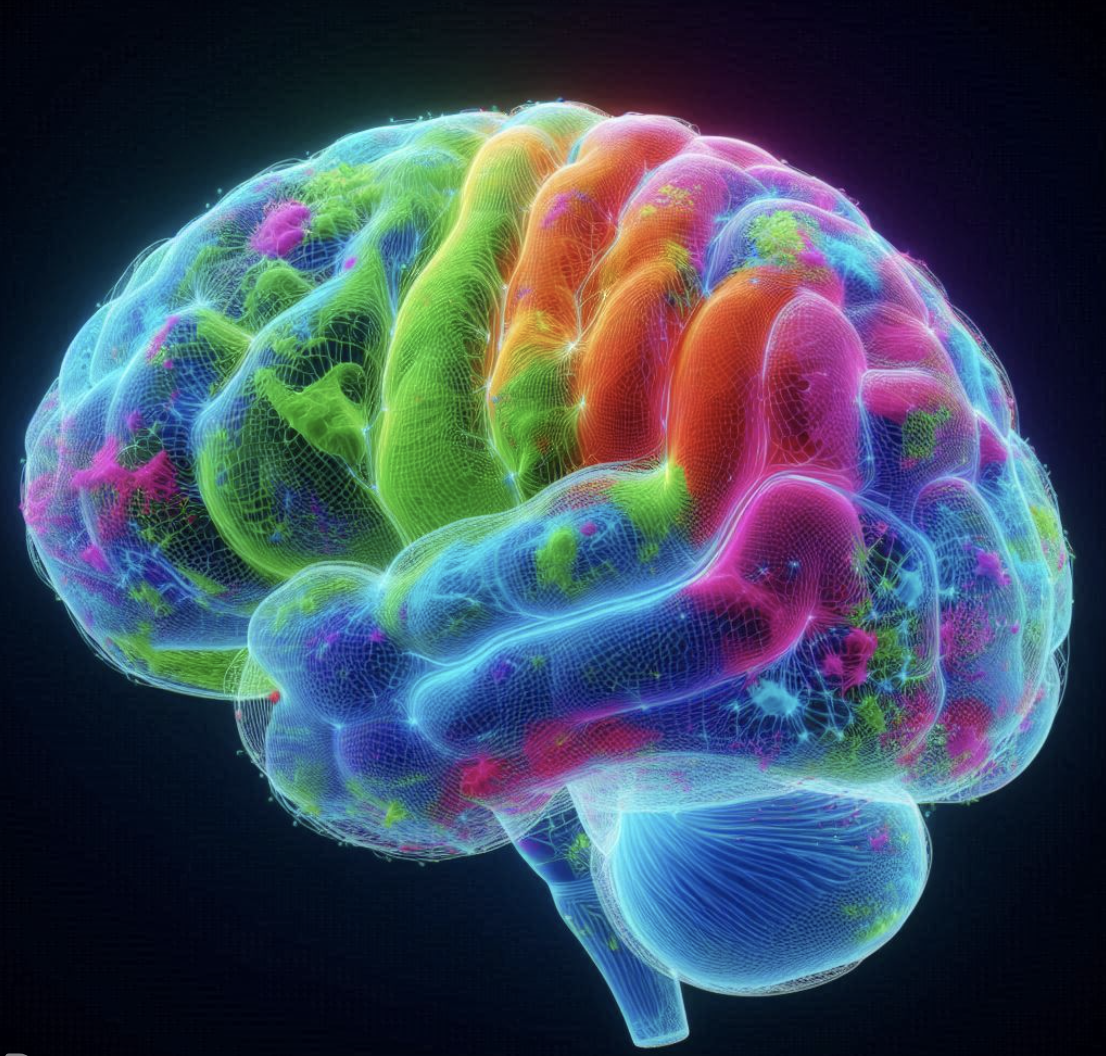
Yet more research has unveiled a compelling link between hearing loss and Dementia, underscoring the critical role of hearing aids in potentially slowing brain degeneration. The study, conducted by scientists at Washington University School of Medicine in St. Louis, utilised advanced nuclear medicine techniques to explore how hearing loss might contribute to cognitive decline.
By employing positron emission tomography (PET) scans, the research team was able to observe brain activity in individuals with different levels of hearing impairment. Their findings revealed that even mild hearing loss could trigger significant changes in brain function, particularly in areas such as the temporal and parietal lobes, which are often affected in Alzheimer’s patients. This reduction in brain activity suggests that the brain’s auditory centres may be working harder to compensate for hearing loss, possibly accelerating cognitive decline.
Hearing Aids can help prevent Dementia
Importantly, the study highlighted the role of intervention and the use of hearing aids in mitigating these effects. Researchers found that individuals who used hearing aids to manage their hearing loss experienced less pronounced changes in brain activity, suggesting that hearing aids could help reduce the brain’s compensatory burden. By addressing hearing loss early and effectively, hearing aids may play a crucial role in slowing the progression of cognitive decline and reducing the risk of Alzheimer’s disease.
For more information, refer to the original article from KKCO 11 News
Help from Hearing Healthcare Practice
If you’re concerned about your hearing, don’t delay. At Hearing Healthcare Practice we’ve helped many, many hundreds of people to understand their hearing and to hear better at any age, and into great old age.
You can get in touch with us HERE and come in for chat and a state-of-the-art hearing assessment.